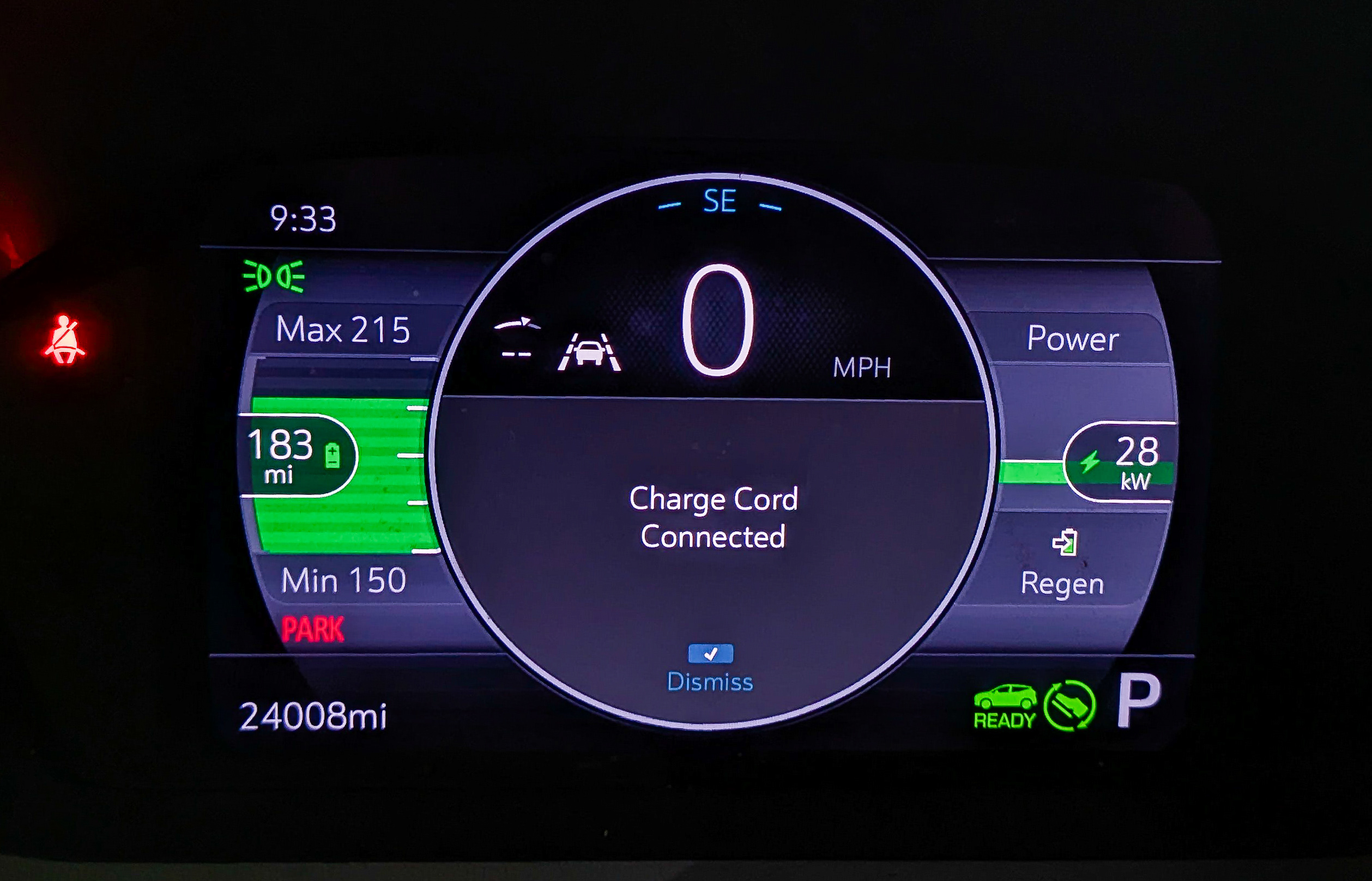Ørsted has taken final investment decision on a battery energy storage system, which will provide stability to the UK energy supply and reduce price volatility.
The Tesla battery energy storage system will be installed on the same site as the onshore converter station for Ørsted’s Hornsea 3 Offshore Wind Farm in Swardeston, near Norwich, Norfolk, in the eastern part of England. The battery’s location on the same land as the onshore converter station minimises disruption to those living and working nearby.
The storage system has a capacity of 600 MWh (and a 300 MW power rating), equivalent to the daily power consumption of 80,000 UK homes. When it is windy and sunny, so that electricity generation exceeds demand, the battery will store the excess so it can be discharged later to help balance the grid. This will reduce price volatility for consumers as it will make more power available, including during peak periods, when energy is traditionally more expensive. It will also result in UK energy systems being easier to manage by helping smooth out the variations between supply and demand.

With the battery energy storage system, Ørsted is investing in a grid-balancing technology which is a natural add-on to its offshore wind power generation business and will provide complementary services and revenue profile while supporting the continued build-out of the UK’s renewable energy infrastructure. Its favourable position within the UK electricity system, and co-location for efficient construction and operations, supports the investment case. The UK is one of the world’s largest markets for offshore wind and the market where Ørsted has the most offshore wind farms (12) in operation.
When complete, the battery energy storage system will be one of the largest in Europe. It is expected to be operational by the end of 2026.




